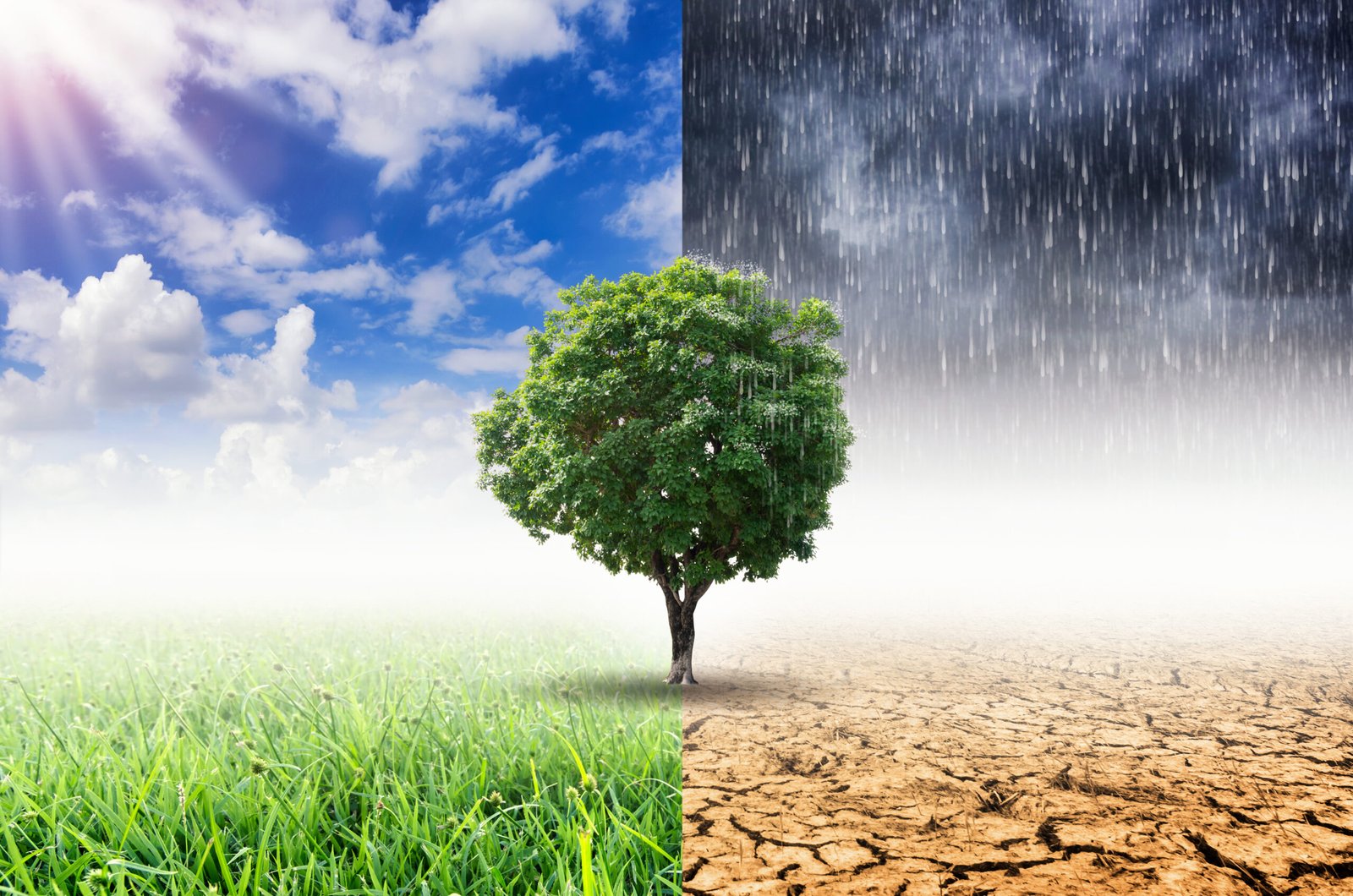NASSAU, BAHAMAS — Prime Minister Philip Brave Davis said the major jurisdictions responsible for climate change ought to start considering grants and debt forgiveness.
He made the statement on Friday while speaking at the CREF 2022 conference in Miami, Florida.
He said in The Bahamas and throughout the region, most of the debt was accumulated as a result of climate change.
Davis said the damage from four hurricanes over the last five years has contributed $5 billion to The Bahamas’ national debt.
He said that figure does not fully factor in recovery efforts and the loss of economic revenue during those periods.
“I think it is important for all small-island developing states to take a look at their debt portfolio and to speak to this aspect of it and to call on the major emitting countries to become more responsible and sensitive to this fact,”
“And the multi-laterals who feed into the climate funding relating to climate change ought to start thinking about grants; start thinking about debt forgiveness in relation to matters that are a consequence of climate change,” Davis said.
Reuters reported last February that the World Bank was working with the International Monetary Fund (IMF) on ways to factor climate change into negotiations about reducing the debt burdens of some developing countries.
At the time, three countries, including Ethiopia, Chad and Zambia, had initiated negotiations with creditors under a new common framework supported by the Group of 20 major economies, a process that was thought could lead to debt reductions in some cases.
Last week, Parliament debated the Climate Change and Carbon Market Initiatives Bill.
Of the tabled legislation, Davis said the initiative seeks to participate in the global response to the threat of climate change, in ways that will also be of compensatory, practical, and environmental benefit to The Bahamas.
The prime minister said his vision for The Bahamas and the Caribbean is to wean off fossil fuel and the greater introduction of renewable energy from wind to solar energy.
“I see us converting our water, our sun into renewables, weaning us away from fossil fuel at the and of the day and I see the Caribbean that will be the leaders in alternative energy using our natural resources,” Davis said.
“And so, I am urging our scientists and those in the field to continue to be innovative and creative to take us to that level and that point where we will be less dependent on fossil fuel.
“I want to see a Caribbean that is not dumped on any further and when I say dumped and when I say dumped as I mentioned we are the carbon sink, we are the major carbon sink of the world and we need to be able to benefit from cleaning the earth’s atmosphere.






